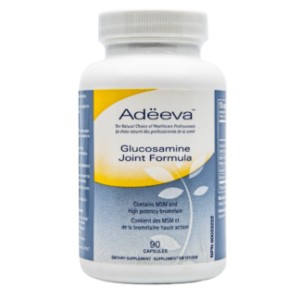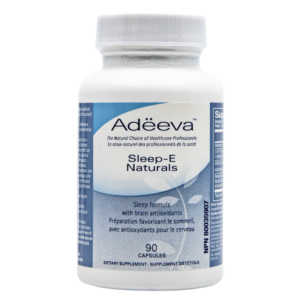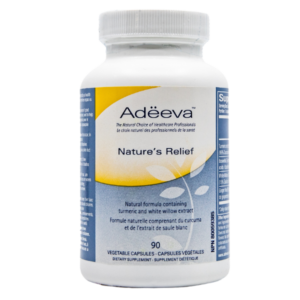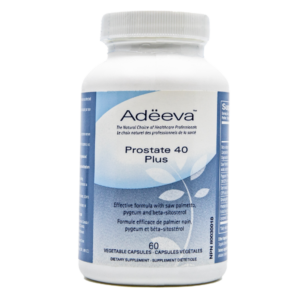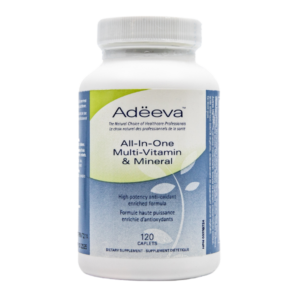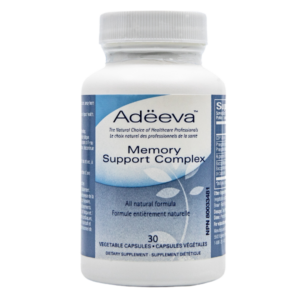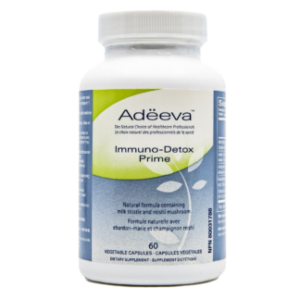
Can Glucosamine Supplementation Decrease Cancer Risk? The Research is Impressive
Source: J Biomedicine & Pharmacotherapy 2017
Lifestyle Medicine Update (March 12, 2025)
In many developed countries, like the US, the UK, Canada and Australia, about 20 percent of adults over the age of 45 report taking glucosamine supplements on a regular basis. Most people take glucosamine to help manage and/or prevent osteoarthritis and it may help also improve rheumatoid arthritis. But evidence has been emerging as far back as 1953 that glucosamine may also help to prevent certain types of cancer. Since then, many animal studies have shown impressive cancer prevention effects of glucosamine, particularly with respect to lung, colorectal, kidney, and prostate cancer. In these experiments glucosamine has been shown to encourage cancer cells to commit suicide (apoptosis – programmed cell death), while sparing normal healthy cells. It also slows cancer cell division rates and helps to inhibit tumour cells from accessing more blood, which they need to keep dividing and spreading. This anticancer feature of glucosamine is known as anti-angiogenesis. A 2019 study showed that glucosamine encouraged programmed cell death of human prostate cancer cells and increased the cancer killing effect of the cancer therapy known as TRAIL.
In human observation studies, the UK Biobank Study found that after controlling for all other risk factors, adults in the UK (avg. age 56.6 yrs) who regularly take a glucosamine supplement show a 15% decreased risk of dying from all causes and a 6% decreased risk of dying from cancer. They followed almost 500,000 adults from 2006 to 2018, reporting their findings in the Annals of Rheumatic Disease in 2020. This study showed that even smokers who used glucosamine had a lower risk of death from all causes than did smokers who were not using glucosamine supplements.
Researchers are now examining the mechanism through which glucosamine exerts anti-cancer effects. Thus far we have seen that glucosamine suppresses the release of NF-kb and inhibits the activity of the STAT3 signaling pathway. Both effects are shown to inhibit cancer growth, encourage cancer cell suicide (apoptosis), and inhibit cancer metastasis.
Because our bodies make less glucosamine as we age, which sets us up for the development of osteoarthritis, I believe that most people would benefit from taking a low dose glucosamine supplement beginning at age 45 (as low as 500 mg/d). Studies suggest that it can preserve your joint cartilage, suppress inflammation, and it may help protect you against some cancers. Animal studies show that it may even extend lifespan and other human observation studies link glucosamine use with reduced risk of heart attacks, likely via its ability to inhibit inflammation by suppressing the release of NF-kb (nuclear factor kappa-beta).
I personally take a supplement each day that contains glucosamine with three other natural anti-inflammatory agents (Bromelain, Quercetin and MSM).
I’ve included the references for this information in the text below.
References:
Sibbritt D et al. Who uses glucosamine and why” A stud of 266,848 Australians aged 45 years and older. PLoS One. 2012, 7(7): e41540. https://pmc.ncbi.nlm.nih.gov/articles/PMC3408465/
Zahedipour F et al. Molecular mechanisms of anticancer effects of glucosamine. Biomedicine & Pharmacotherapy. 2017, 95: 1051-1058. Molecular mechanisms of anticancer effects of Glucosamine – ScienceDirect.
Sun C et al. Glucosamine enhances TRAIL-induced apoptosis in the prostate cancer cell line DU 145. J Medicines. 2019, 64(4): 104. Glucosamine Enhances TRAIL-Induced Apoptosis in the Prostate Cancer Cell Line DU145
Li Z-H et al. Associations of regular glucosamine use with all-cause and specific mortality: a large prospective cohort study. Ann Rheum Dis. 2020; 79(6): 829-863. https://www.ncbi.nlm.nih.gov/pmc/articles/PMC7286049/
Chesnokov V et al. Anti-cancer activity of glucosamine through inhibition of N-linked glycosylation. Cancer Cell International. 2014, 14. https://cancerci.biomedcentral.com/articles/10.1186/1475-2867-14-45
Shintani H et al. Shifting the focus of D-glucosamine from a dietary supplement for knee osteoarthritis to a potential anti-aging drug. Human Nutrition & Metabolism. 2021, vol 26. https://www.sciencedirect.com/science/article/pii/S2666149721000165#bib25
Weimer S et al. D-glucosamine supplementation extends life span of nematodes and ageing mice. Nature Communications. 2014. D-Glucosamine supplementation extends life span of nematodes and of ageing mice | Nature Communications
Eat Smart, Live Well, Look Great,
Dr. Meschino
Recommended Supplements

Dr. James Meschino
ABOUT THE AUTHOR
Dr. James Meschino, DC, MS, ROHP, is an educator, author, and researcher having lectured to thousands of healthcare professionals across North America. He holds a Master’s Degree in Science with specialties in human nutrition and biology and is recognized as an expert in the field of nutrition, anti-aging, fitness, and wellness as well as the author of numerous books.
